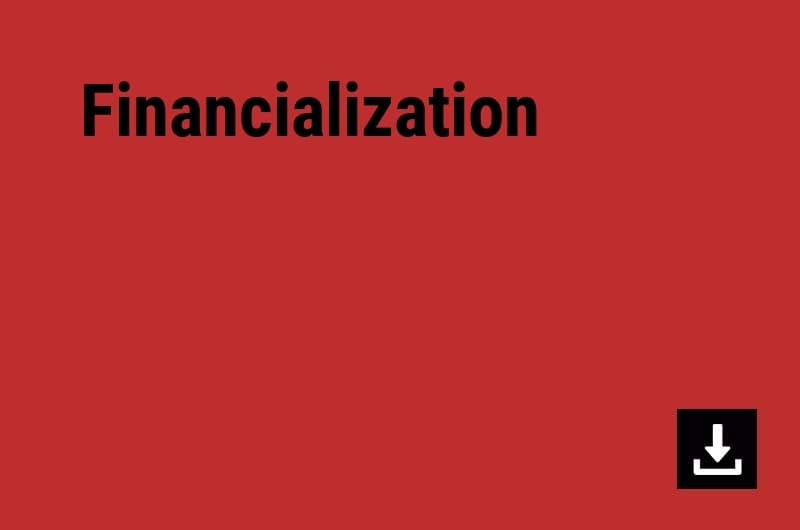AI-Generated Summary
Context and Purpose
The document titled "Investor Guidelines: Aligning Residential Real Estate with Human Rights and Social Values" was published by The Shift, an organization dedicated to housing rights. The guidelines aim to assist institutional investors in the residential real estate sector in aligning their investment practices with human rights principles and the social value of housing. This initiative arises amidst increasing recognition of the importance of human rights due diligence, particularly within the housing sector, where financialization has led to significant social challenges.
Housing Crisis and Investment Dynamics
The guidelines highlight a growing tension between viewing housing merely as an asset versus recognizing it as a home. The financialization of housing has resulted in a host of issues including rising rents, increased evictions, unnecessary renovations, and a reduction in essential services. Furthermore, the real estate sector is a major contributor to climate change, accounting for 37% of global energy-related CO2 emissions, emphasizing the urgent need for sustainable practices in housing investment.
Human Rights Standards in Housing
According to the guidelines, housing must meet several human rights standards. These include being: - Affordable, ensuring costs do not impede other essential needs. - Accessible, catering to diverse household types. - Secure, providing protection against arbitrary eviction. - Habitable, offering adequate space and protection from environmental elements. - Sustainable, being environmentally conscious in its development and maintenance.
Key Recommendations for Investors
The document outlines five essential recommendations for investors to integrate human rights and social values into their practices: 1. Commit to business practices that recognize housing's social value. 2. Increase transparency regarding human rights and environmental impacts. 3. Assess the effectiveness of measures taken and establish remedial procedures. 4. Engage meaningfully with all stakeholders involved. 5. Actively contribute to enhancing housing's social value while avoiding legal exploitation.
Business Case for Implementation
Implementing these guidelines presents a compelling business case. By mitigating investment risks, enhancing corporate image, and leading to more stable tenancies, investors can create positive socio-economic impacts. Moreover, these practices align with the increasing trends toward Environmental, Social, and Governance (ESG) criteria and impact investing, helping investors meet their climate commitments.
Significance of the Guidelines
These guidelines represent a significant paradigm shift in real estate investment, advocating for a transformation from profit-driven approaches to those that balance financial returns with social responsibility and human rights. They provide a practical framework for investors to navigate changing expectations while contributing to solutions for pressing social and environmental challenges. The guidelines are particularly relevant in light of the global housing crisis, increasing regulatory scrutiny of businesses' human rights impacts, and the growing interest in responsible investing.
